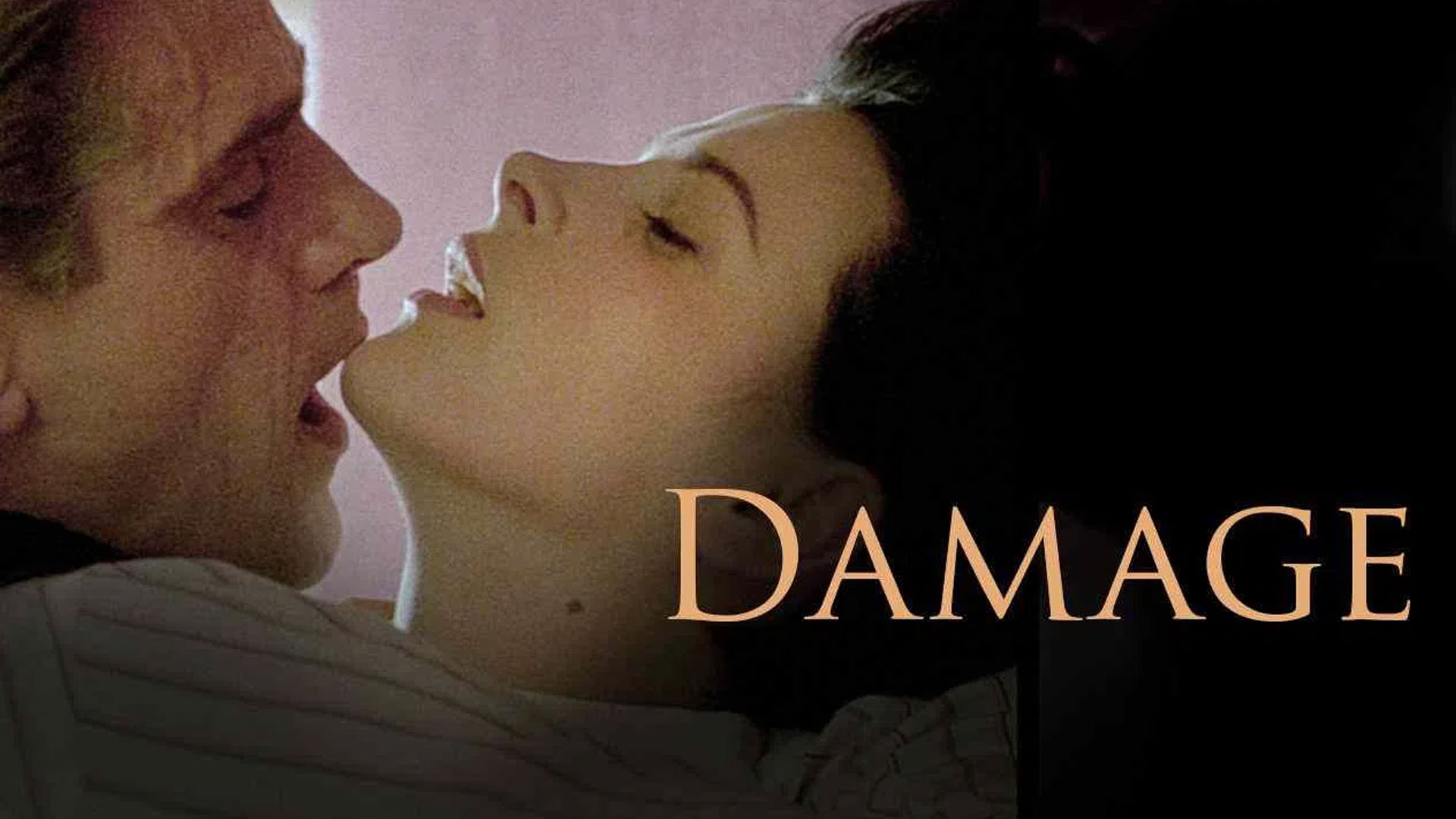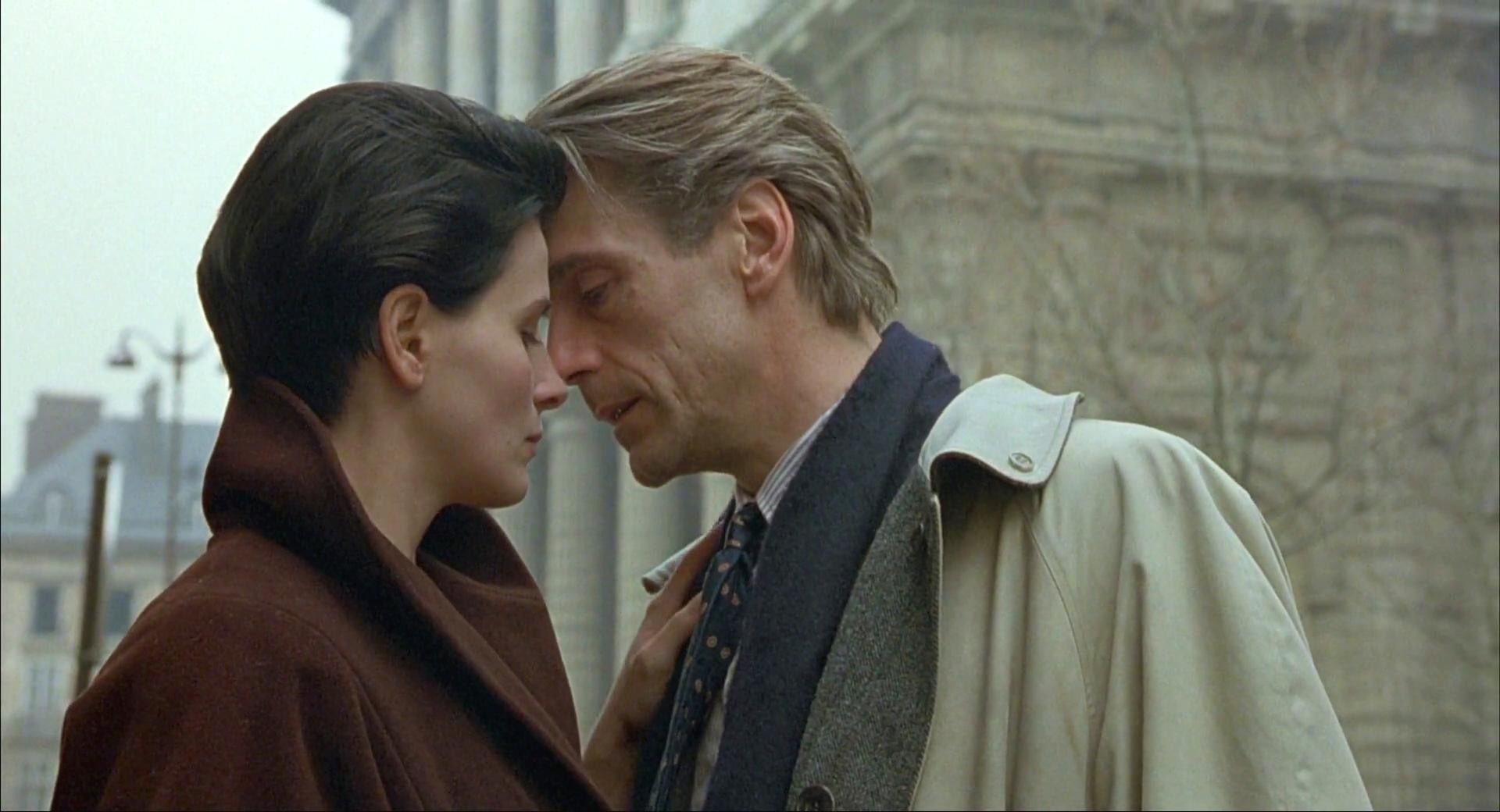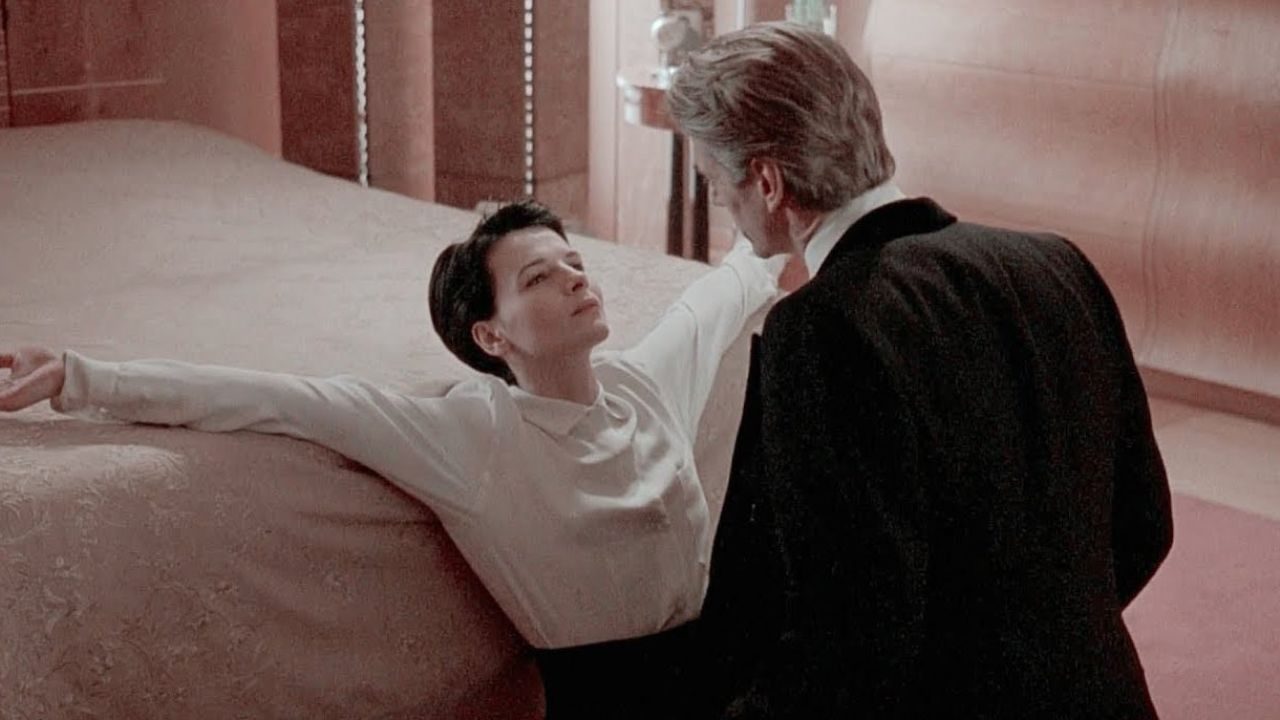Damage (1992)

Damage (1992), directed and produced by Louis Malle, is a provocative psychological drama that delves into the complexities of love, desire, and betrayal. Adapted from the novel by Josephine Hart, the film stars Jeremy Irons, Juliette Binoche, Miranda Richardson, Rupert Graves, and Ian Bannen in a gripping exploration of the consequences of a forbidden affair. Set against a backdrop of upper-class British society, Damage is a tense and passionate film that explores the destructive nature of obsession and the intricacies of human relationships.
The plot revolves around Stephen Fleming (Jeremy Irons), a respected British politician in his 40s, who embarks on a passionate and illicit affair with his son’s fiancée, the beautiful and enigmatic Anna (Juliette Binoche). Their relationship quickly spirals out of control, leading to devastating consequences for all involved. As Stephen becomes consumed by his desires, the affair escalates into a dangerous obsession that threatens to destroy his personal life, career, and the lives of those around him. The emotional intensity of the film is heightened by its exploration of the destructive nature of unchecked passion.
One of the film’s most striking elements is the exceptional performance of Jeremy Irons as Stephen. Irons brings a sense of quiet intensity and emotional depth to his character, capturing the inner turmoil and moral conflicts that arise as Stephen becomes entangled in his own desires. His portrayal of a man wrestling with his emotions and the consequences of his actions is both captivating and heartbreaking. Similarly, Juliette Binoche’s portrayal of Anna is equally compelling. She expertly conveys the character’s emotional complexity, capturing the allure, vulnerability, and destructive power of her character. The chemistry between Irons and Binoche is electric, creating a palpable tension that drives the film.
Malle’s direction ensures that Damage maintains a tone of emotional complexity and subtlety. The pacing is deliberate, allowing the relationship between Stephen and Anna to develop slowly and steadily, drawing the audience into the tension-filled world of forbidden desire. The intimate and often uncomfortable scenes between the two characters are handled with sensitivity and restraint, allowing the emotional stakes to build without resorting to sensationalism. The film never allows the viewer to forget the emotional consequences of the affair, ensuring that the tension remains high throughout.

The supporting performances in Damage also add to the film’s depth. Miranda Richardson plays Stephen’s wife, Ingrid, who remains unaware of the affair until it is too late. Her performance is nuanced, portraying a woman who is initially strong and composed but is ultimately shattered by the revelation of her husband’s infidelity. Rupert Graves plays the son, Martyn, whose life is also irrevocably changed by the affair. These characters are crucial to the emotional weight of the film, as their reactions to Stephen and Anna’s betrayal highlight the devastating ripple effects of the affair on an entire family.

The film’s cinematography and visual style are another highlight. Malle and cinematographer Peter Biziou use a muted color palette and intimate framing to enhance the film’s somber tone. The imagery is often stark and intimate, mirroring the emotional isolation that the characters experience. The camera work subtly reflects the internal states of the characters, capturing the tension and despair that underpin their actions. The film’s score, composed by composer Gabriel Yared, also contributes to the emotional atmosphere, further immersing the audience in the characters’ psychological turmoil.

In conclusion, Damage (1992) is a haunting and powerful exploration of forbidden love, obsession, and the destructive nature of human desire. With outstanding performances from Jeremy Irons and Juliette Binoche, and directed with emotional depth and restraint by Louis Malle, the film offers a compelling and tragic portrait of the consequences of passion gone awry. The film’s emotional complexity, combined with its stunning visuals and captivating performances, makes it a must-see for fans of dramatic cinema and psychological storytelling. Damage remains a timeless and thought-provoking film that continues to resonate with audiences long after the credits roll.











